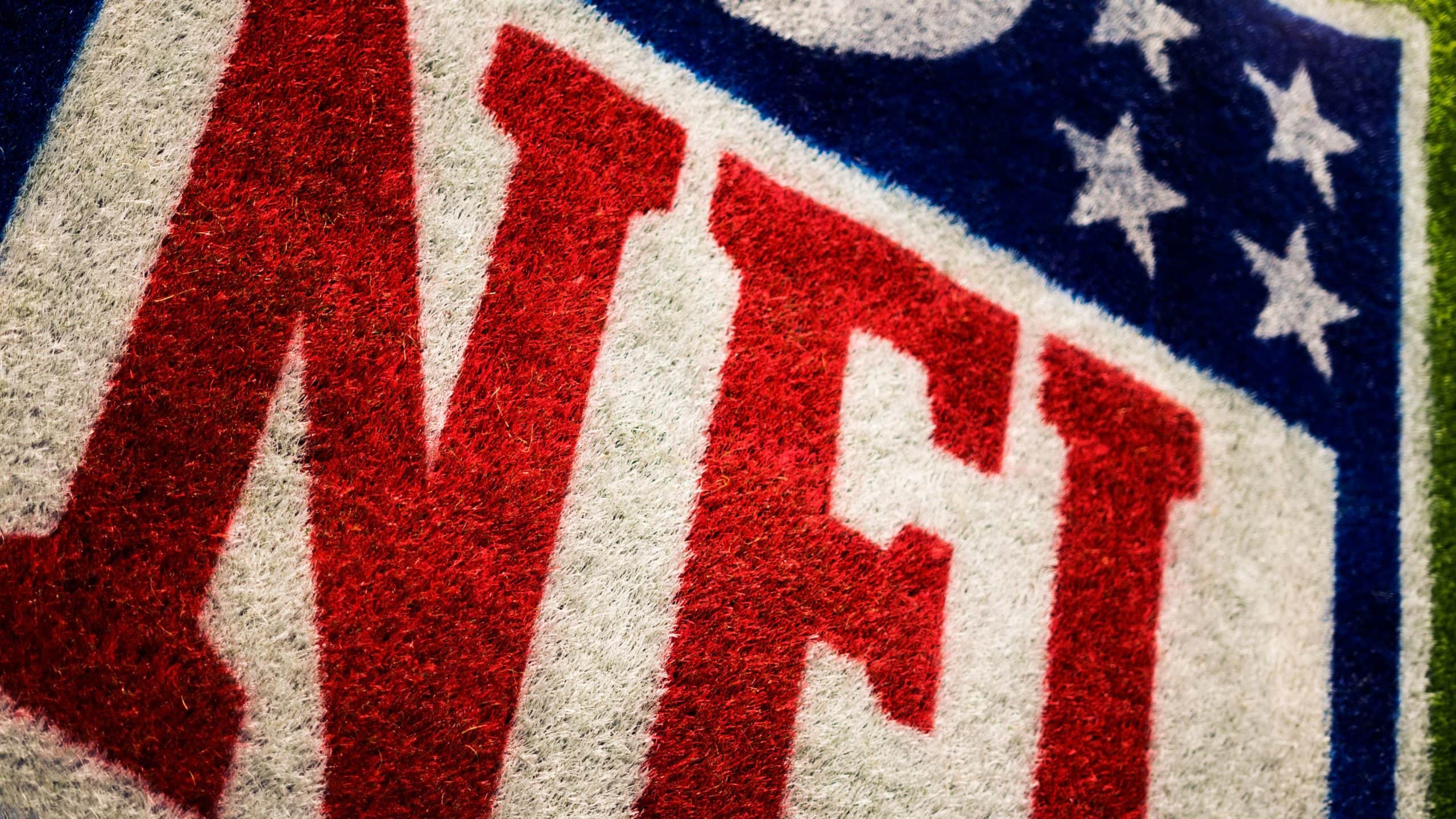Oyler v. NFL Enterprises LLC
On October 3, 2022, Ryan Oyler, on behalf of himself and others similarly situation, filed a lawsuit against NFL Enterprises LLC (“NFL Enterprises”) in the Southern District of New York. The proposed class seeks to include residents of New York, Florida, Iowa, Kansas, Montana, Alaska, Arkansas, Wyoming, West Virginia, and Utah. The heart of the lawsuit is the allegation that NFL Enterprises essentially violated state automatic renewal laws (without citing them) and engaged in other fraudulent and deceptive practices.
The Complaint alleges that in July 2022, NFL Enterprises “autoconverted and autorenewed GamePass subscribers” to a different and new subscription service called NFL+ without their knowledge or consent and charged them for annual memberships. Plaintiff alleges that the subscription conversion was an attempt by NFL Enterprises to reduce customer cancellation rates and prevent subscribers from getting their money back.
Upon learning that his service was converted and automatically renewed, Oyler attempted to cancel his subscription. However, after being unable to follow the “unclear” instructions to cancel, he eventually was able to remove his payment information from his GamePass account and then delete his account entirely.
After being charged at the end of August, Oyler attempted to contact someone at NFL Enterprises (because he could not locate contact information for NFL+) who could assist him with the matter. According to the Complaint, Oyler conversed with several chatbots and individuals who were unable to assist him, especially in light of the fact that he no longer had an account to look up and had never received a confirmation email to confirm that he had in fact deleted his account.
The Oyler complaint alleges violations of the New York and Florida Deceptive and Unfair Trade Practices Acts, false advertising law, fraud, conversation, and unjust enrichment.
New York’s Automatic Renewal Law
Not surprisingly, there is no mention of New York’s automatic renewal law in Oyler’s papers, as individuals do not have a private right of action under the statute. The authority to bring a lawsuit for allegations involving automatic renewals rests exclusively with the State’s Attorney General.
In New York, auto-renewal subscriptions are governed by New York Senate Bill S1475A, which amended New York General Obligations Law § 5-903. As of February 2021, § 5-903 was expanded from consumer and business-to-business contracts “for service, maintenance, or repair to or for any real or personal property” to all consumer contracts involving automatic renewal plans. Under the amendment, businesses must obtain “affirmative consent” to the terms before charging payments, must clearly and conspicuous disclose auto-renewal offer terms to consumers (including cancellation policies and minimum purchase obligations), and have user friendly cancellation options.
Are You Next?
While subscribers like Oyler may not be able to bring a lawsuit for violations of New York State automatic renewal laws, the Attorney General still can. Additionally, not having a private right of action is not a barrier for plaintiffs, like Oyler, who can find numerous other consumer protection laws that they can bring their lawsuits under.
It is possible that in the future, New York will follow other states which now allow for a private right of action for automatic renewal law violations, such as North Dakota and Virginia. As readers of our blog know, states such as California also have automatic renewal laws. As this is a highly regulated area, compliance with the various state automatic renewal laws and other related consumer protection laws is extremely important.
The attorneys at Klein Moynihan Turco have years of experience dealing with automatic renewal law compliance across the country.
If you find yourself on the receiving end of one of these lawsuits or if you need assistance with updating your marketing practices and procedures, please email us at info@kleinmoynihan.com or call us at (212) 246-0900.
The material contained herein is provided for informational purposes only and is not legal advice, nor is it a substitute for obtaining legal advice from an attorney. Each situation is unique, and you should not act or rely on any information contained herein without seeking the advice of an experienced attorney.
Attorney Advertising
Photo by Adrian Curiel on Unsplash
Related Blog Posts:
California Strengthens its Automatic Renewal Law
Vermont Auto-Renewal Law for Consumer Contracts
Colorado’s New Automatic Renewal Law Effective January 1, 2022!




